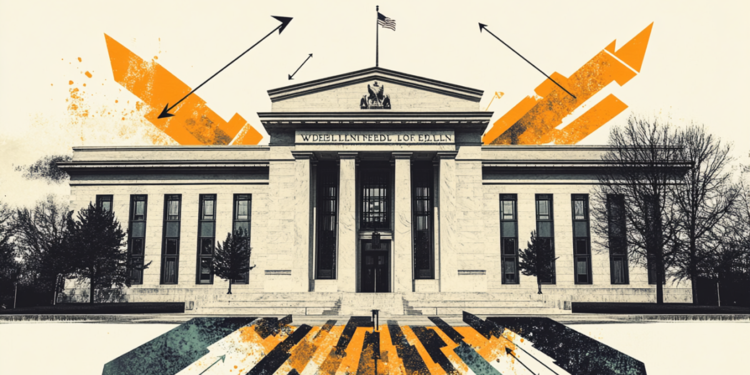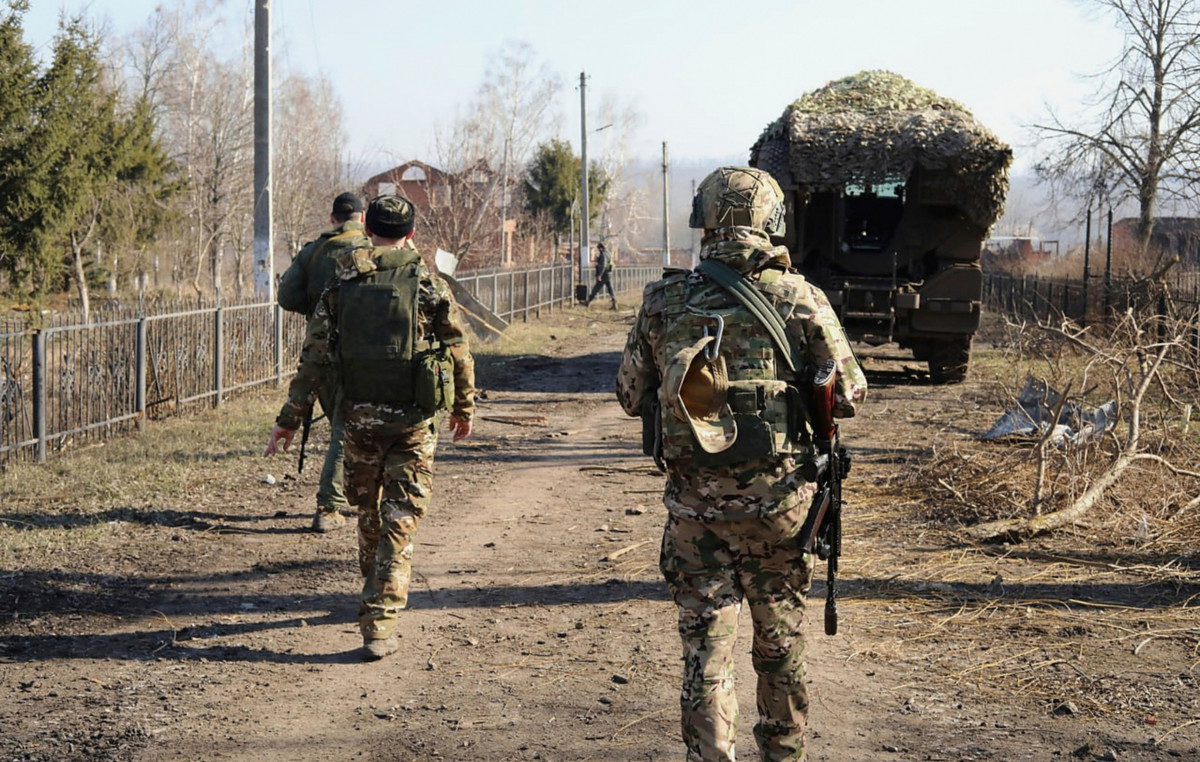In a public hearing at the Chamber of Deputies this Wednesday (15), the Minister of Justice, Anderson Torres, said that the approach by federal highway police officers that culminated in the death of Genivaldo de Jesus Santos is a “serious” but “isolated” situation. ”. The case took place on May 25 this year, in Sergipe.
“In relation to the fact that we came to deal with, I would like to say that it is a serious fact. A fact that all legal measures have been adopted. […] I have been a public safety professional for many, many years and I want to say to you that I am absolutely certain, absolutely certain, that this act was an isolated act. This act does not match the reality of the PRF [Polícia Rodoviária Federal]”, declared.
The minister attended a joint public hearing of the Chamber’s Human Rights and Labor commissions alongside the director general of the PRF, Silvinei Vasques, to provide an explanation of what happened.
Genivaldo Santos died after an approach by PRF agents in the city of Umbaúba, in Sergipe. Videos showed him being held in the trunk of a PRF car, which was filled with smoke. The initial report of the Instituto Medico-Legal confirmed the death by asphyxia and respiratory failure. Santos would have been approached after riding a motorcycle without a helmet. The man had mental disorders, according to family reports.
To the deputies, the minister reinforced that the PRF immediately opened an administrative process for internal investigation and that the Federal Police opened a police investigation, in which expertise and hearing procedures are being carried out, for example.
“The police officers involved were removed and everything that was legal from a legal point of view, everything that is provided for in Brazilian legislation in a case like this was done by us at the ministry by the Federal Police and the Federal Highway Police”, he said.
“A serious case, a case, in short, regrettable, but which, on our part, what could be done, was really done from the first moment the images, the news came. We have done our part and the acts are ongoing,” he added.
Then, Silvinei Vasques made a presentation about the PRF, which included human rights awards that the institution has already won. He said that “what happened in Sergipe was never taught in any PRF school, in our university or in any course of the institution”.
“There was no type of guidance for that procedure and the institution really understands that that fact there is serious and will work for the due investigation”, he said.
Silvinei was applauded by those present after the speech.
Shortly after Silvinei’s speech, deputies José Medeiros (PL-MT) and Paulo Teixeira (PT-SP) clashed at the meeting and almost walked out. The confusion began while deputy Talíria Petrone (PSOL-RJ) spoke and demanded explanations about the Genivaldo case and the disappearance of indigenist Bruno Pereira and British journalist Dom Phillips in the Amazon, in addition to criticizing the federal government.
Medeiros began to criticize Talíria. When she asked him not to interrupt her, Teixeira intervened against Medeiros and they began to argue. The riot later eased with calls for calm by others present.
At the hearing, the Minister of Justice and the director general of the PRF were harshly questioned by opposition deputies about the police action against Genivaldo. Deputies allied with the federal government or linked to public security came out in defense of police institutions and sought to reinforce the defense that Genivaldo’s case was “isolated” among the millions of PRF approaches across the country every year.
Asked about how human rights are treated today within the PRF, Silvinei Vasques said that “we have never invested as much in human rights as we do now”, with the internal reorganization of structures for the area.
Silvinei also stated that human rights are being applied “cross-cutting” across disciplines in police training, no longer as a separate discipline.
“You can be sure that we have increased the focus on the action of our police officers with human rights and remember that those who were involved in the Sergipe incident, some with more than 20 years of work, were not affected by this decision. So we understand that it was not a wrong decision in this regard”, he defended.
Minister Anderson Torres was also asked about the practice of President Jair Bolsonaro (PL) of not wearing a helmet when riding a motorcycle, including the so-called “motorcycle riders”. According to him, there are specific laws that regulate the security of the President of the Republic and, therefore, the way in which the president behaves is not up to him or the PRF.
“It is a specific law on security and the president’s participation in public, private, any type of event. If there’s a problem with that, we have to discuss the legislation. It’s not the PRF’s assignment how he goes and which way he doesn’t.”
On the occasion, deputies took the opportunity to question Torres about the participation of blogger Allan dos Santos in a bolsonarista motorcycle rider in Orlando, in the United States, this month. This is because Allan dos Santos has already had his extradition requested by the Federal Supreme Court (STF) and is considered a fugitive in Brazil.
Torres said that he was not with the blogger and Santos became aware of his participation in the motorcycle by the press.
“I say again that he has a judicial decision in Brazil not recognized by Interpol, not recognized by the police in the world. No wonder he is not detained there. And there, the attributions and powers that I have here, I don’t have there.”
At 3:00 pm, at the time scheduled for the start of the commission, the room where the public hearing took place was packed. Federal highway police officers attended and stood alongside politicians, opponents, advisors and others present. The main guest, Minister Anderson Torres, however, was not there. At the moment, he was still at an event with the President of the Republic, Jair Bolsonaro, at Palácio do Planalto.
Torres arrived at the House committee around 3:25 pm. He took pictures with some of those in attendance and then sat down for the start of the hearing.
The president of the Human Rights Commission, deputy Orlando Silva (PCdoB-SP), thanked Torres for his presence and handed him a document from employees of the National Indian Foundation (Funai) with demands.
Source: CNN Brasil







